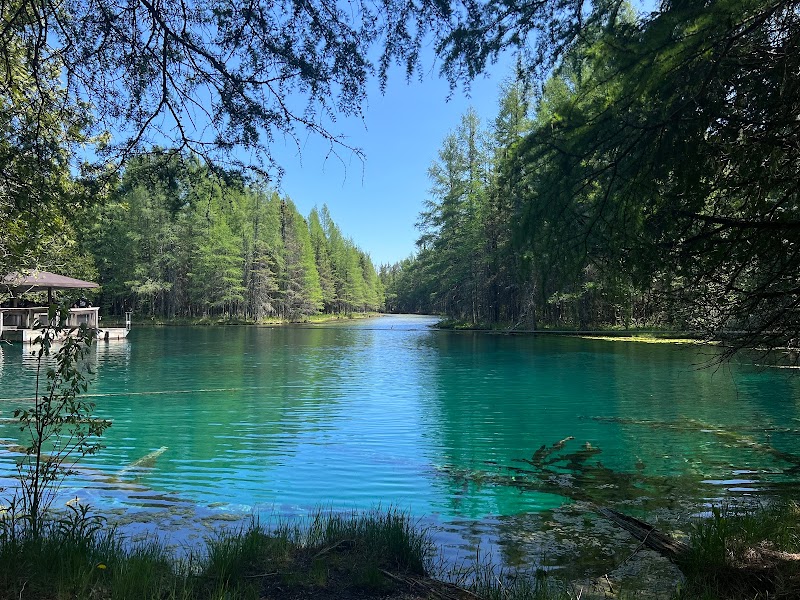
Pointe aux Chevaux Nature Reserve Adventures
Pointe aux Chevaux Nature Reserve is a pristine natural sanctuary on Michigan’s Garden Peninsula, offering rugged shoreline, unique ecosystems, and excellent opportunities for hiking and wildlife observation.
About Pointe aux Chevaux Nature Reserve

Located on the northern shore of Lake Michigan’s Garden Peninsula, Pointe aux Chevaux Nature Reserve protects more than 1,700 acres of forested landscapes, wetlands, and dramatic cliffs along the Lake Michigan shoreline. The reserve is distinguished by its rugged terrain featuring eroded sandstone bluffs, fertile hardwood forests, and clear freshwater wetlands, all shaped by glacial activity. The area also includes rare alvar habitats—open limestone plains with sparse vegetation—and supports diverse plant communities, including many species of orchids and wildflowers. Wildlife such as white-tailed deer, mink, and migratory birds frequent the reserve, making it a popular destination for nature enthusiasts and bird watchers. Historically, the Garden Peninsula and the reserve have ties to Native American Ojibwe communities and later European settlers who utilized the natural resources sustainably. Today, the reserve is protected by the Michigan Nature Association and provides visitors with opportunities for low-impact outdoor activities, such as hiking along shoreline trails, photography of scenic vistas, and seasonal birding, particularly during migration periods. Notable landmarks include the steep cliffs overlooking Lake Michigan and quiet inland ponds. The Reserve's remote location and limited development contribute to its appeal for those seeking solitude and an immersive natural experience. Access is primarily by foot, with several maintained trails leading through forest and along the lakeshore.
Highlights
Dramatic sandstone cliffs along the Lake Michigan shoreline
Rare alvar habitat supporting unique plant species
Opportunities for migratory bird watching during spring and fall
Secluded forest trails with minimal human impact
Notable Natural Features
Lake Michigan Cliffs
Steep sandstone bluffs offer panoramic views over Lake Michigan, showcasing the rugged character of the Garden Peninsula.
Alvar Habitat
Open rocky limestone plains with sparse vegetation, home to several rare and sensitive plant species.
Interior Wetlands
Freshwater ponds and marshes that support amphibians, waterfowl, and provide critical nesting habitat for birds.
